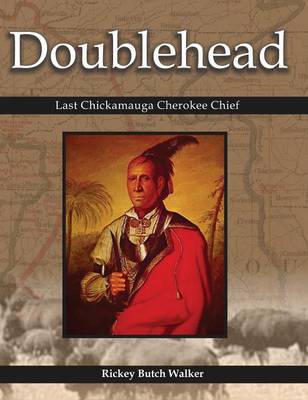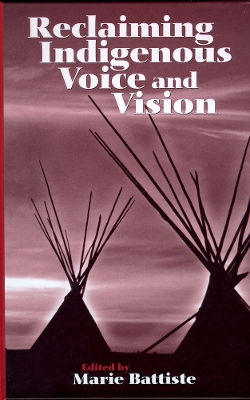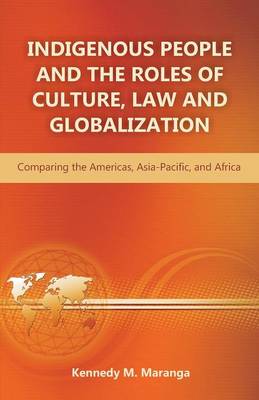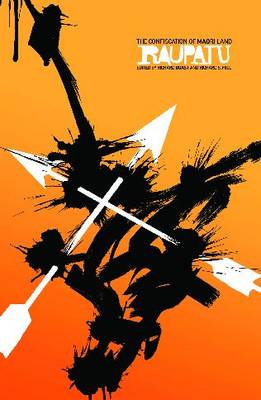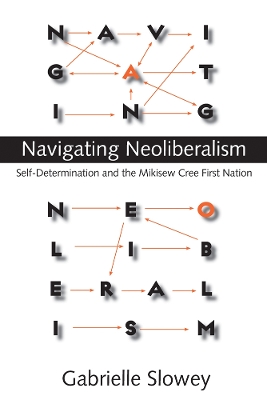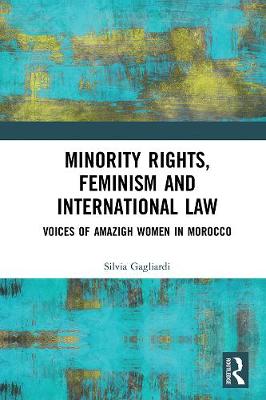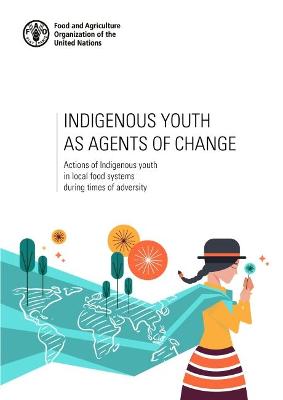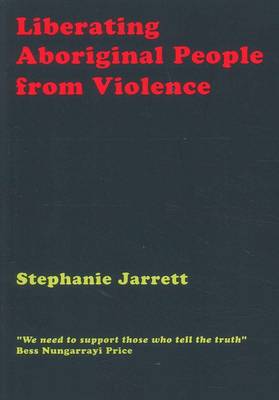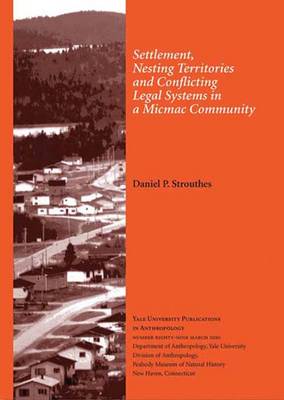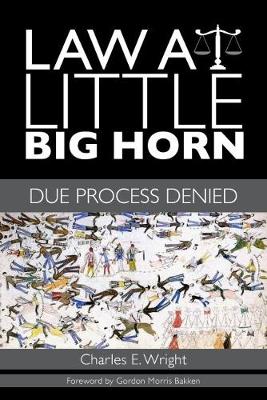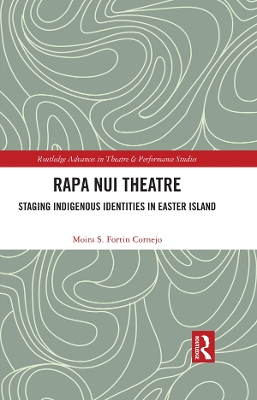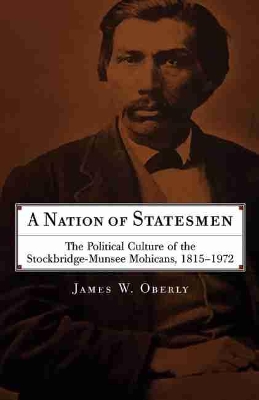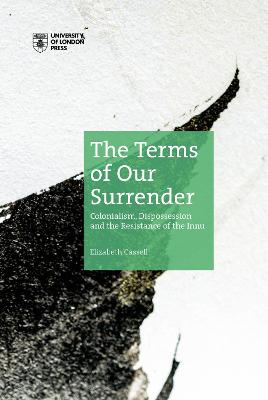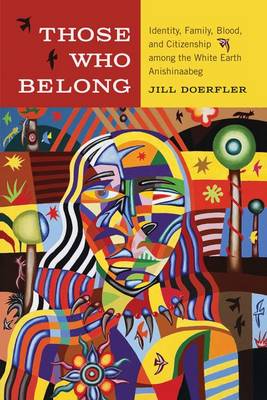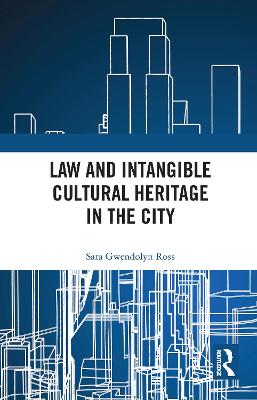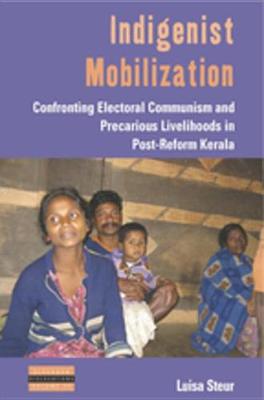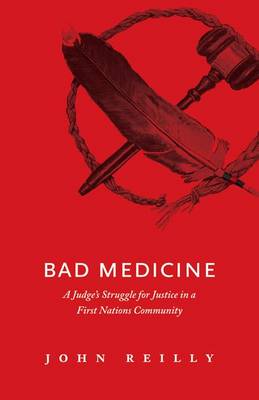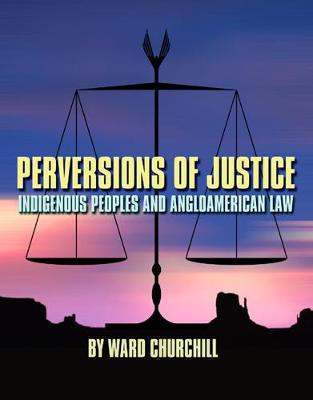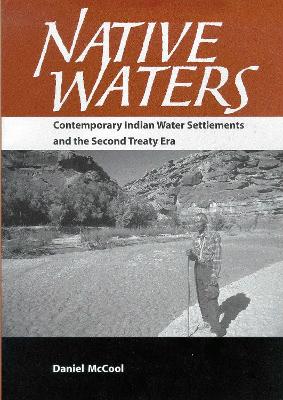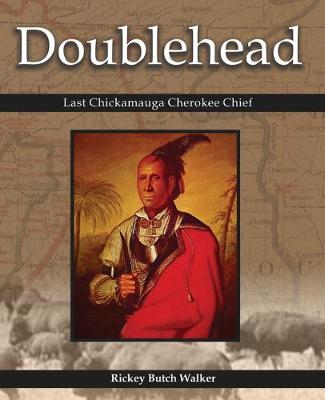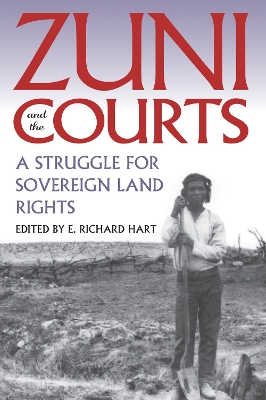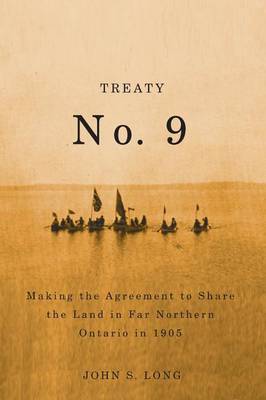The essays in Reclaiming Indigenous Voice and Vision spring from an International Summer Institute held in 1996 on the cultural restoration of oppressed Indigenous peoples. The contributors, primarily Indigenous, unravel the processes of colonization that enfolded modern society and resulted in the oppression of Indigenous peoples.
Indigenous People and the Roles of Culture, Law and Globalization
by Kennedy M Maranga
A ground-breaking collection of essays by leading academics and intellectuals, this record examines the confiscation of Maori land in 19th century New Zealand and the broader imperial context. Based on a 2008 conference entitled Coming to Terms? Raupatu/Confiscation and New Zealand History, this study examines topics associated with land confiscation, such as war, European settlements, colonialism, property rights, and politics. Contributors include Michael Allen, James Belich, Judith Binney, Al...
Navigating Neoliberalism argues that neoliberalism, which drives government policy concerning First Nations in Canada, can also drive self-determination. And in a globalizing world, new opportunities for indigenous governance may transform socioeconomic well-being. Gabrielle Slowey studies the development of First Nations governance in health, education, economic development, and housing. Contrary to the popular belief that First Nations suffer in an age of state retrenchment, privatization, and...
Investigating minority and indigenous women's rights in Muslim-majority states, this book critically examines the human rights regime within international law.Based on extensive and diverse ethnographic research on Amazigh women in Morocco, the book unpacks and challenges generally accepted notions of rights and equality. Significantly, and controversially, the book challenges the supposedly 'emancipatory' power vested in the human rights project; arguing that rights-based discourses are sites o...
Indigenous Youth as Agents of Change
by A. Van Uffelen, E. Tanganelli, A. Gerke, F. Bottigliero, E. Drieux, Y. Fernandez-de-Larrinoa, C. Milbank, S. Sheibani, I. Stromso, and M. Way
This publication highlights six initiatives by Indigenous youth around the world to address the challenges of climate change and the COVID-19 pandemic. Examples include the promotion of resilience through health information, infrastructure and sustainable agriculture by youth in the Kipkandule Code Area.
Liberating Aboriginal People from Violence
by Stephanie Jarrett and Bess Nungarrayi Price
Settlement, Nesting Territories and Conflicting Legal Systems in a Micmac Community
by Daniel P. Strouthes
In this groundbreaking book anthropologist Daniel Strouthes studies the development of a legal system by a North American Indian group-a small band of twentieth- and twenty-first-century Micmac in Nova Scotia-and analyzes their inventive land tenure law and territorial responses to settlement.
During the nineteenth century, the rights of American Indians were frequently violated by the president and ignored or denied enforcement by federal courts. However, at times Congress treated the Indians with good faith and honoured due process, which prohibits the government from robbing any person of life, liberty, or property without a fair hearing before an impartial judge or jury. These due process requirements protect all Americans and were in effect when President Grant launched the Great...
Rapa Nui Theatre (Routledge Advances in Theatre & Performance Studies)
by Moira Fortin Cornejo
This book examines the relationships between theatrical representations and socio-political aspects of Rapa Nui culture from pre-colonial times to the present. This is the first book written about the production of Rapa Nui theatre, which is understood as a unique and culturally distinct performance tradition. Using a multilingual approach, this book journeys through Oceania, reclaiming a sense of connection and reflecting on synergies between performances of Oceanic cultures beyond imagined n...
A history of the Mohican people from the War of 1812 to the Nixon administrationContrary to the impression left by James Fenimore Cooper's famous novel Last of the Mohicans, the Mohican people, also known as the Stockbridge-Munsee Indians, did not disappear from history. Rather, despite obstacles, they have retained their tribal identity to this day. In this first history of the modern-day Mohicans, James W. Oberly narrates their story from the time of their relocation to Wisconsin through the p...
With disappearing music venues, and arts and culture communities at constant risk of displacement in our urban centers, the preservation of intangible cultural heritage is of growing concern to global cities. This book addresses the role and protection of intangible cultural heritage in the urban context. Using the methodology of Urban Legal Anthropology, the author provides an ethnographic account of the civic effort of Toronto to become a Music City from 2014-18 in the context of redevelopme...
In Kerala, political activists with a background in Communism are now instead asserting political demands on the basis of indigenous identity. Why did a notion of indigenous belonging come to replace the discourse of class in subaltern struggles? Indigenist Mobilization answers this question through a detailed ethnographic study of the dynamics between the Communist party and indigenist activists, and the subtle ways in which global capitalist restructuring leads to a resonance of indigenist v...
The United States is readily distinguishable from other countries, Chief Justice John Marshall opined in 1803, because it is "a nation of laws, not of men." In Perversions of Justice, Ward Churchill takes Marshall at his word, exploring through a series of 11 carefully crafted essays how the U.S. has consistently employed a corrupt from of legalism as a means of establishing colonial control and empire. Along the way, he demonstrates how this "nation of laws" has so completely subverted the law...
Zuni and the Courts (Development of Western Resources)
Three decades ago-years after most tribes had filed land claims-the Zuni initiated legal battles related to aboriginal claims, rights, and use that few experts thought they could win. Yet by 1991 they had achieved three major victories. In the first case, the Zuni sued the United States seeking payment for aboriginal territorial lands taken without adequate compensation. In the second, also against the United States, the tribe sought compensation for environmental damages to Zuni trust lands cau...
A Jurisprudence of Movement (Space, Materiality and the Normative)
by Olivia Barr
Law moves, whether we notice or not. Set amongst a spatial turn in the humanities, and jurisprudence more specifically, this book calls for a greater attention to legal movement, in both its technical and material forms. Despite various ways the spatial turn has been taken up in legal thought, questions of law, movement and its materialities are too often overlooked. This book addresses this oversight, and it does so through an attention to the materialities of legal movement. Paying attention t...
For more than a century, the vast lands of Northern Ontario have been shared among the governments of Canada, Ontario, and the First Nations who signed Treaty No. 9 in 1905. For just as long, details about the signing of the constitutionally recognized agreement have been known only through the accounts of two of the commissioners appointed by the Government of Canada. Treaty No. 9 provides a truer perspective on the treaty by adding the neglected account of a third commissioner and tracing the...
